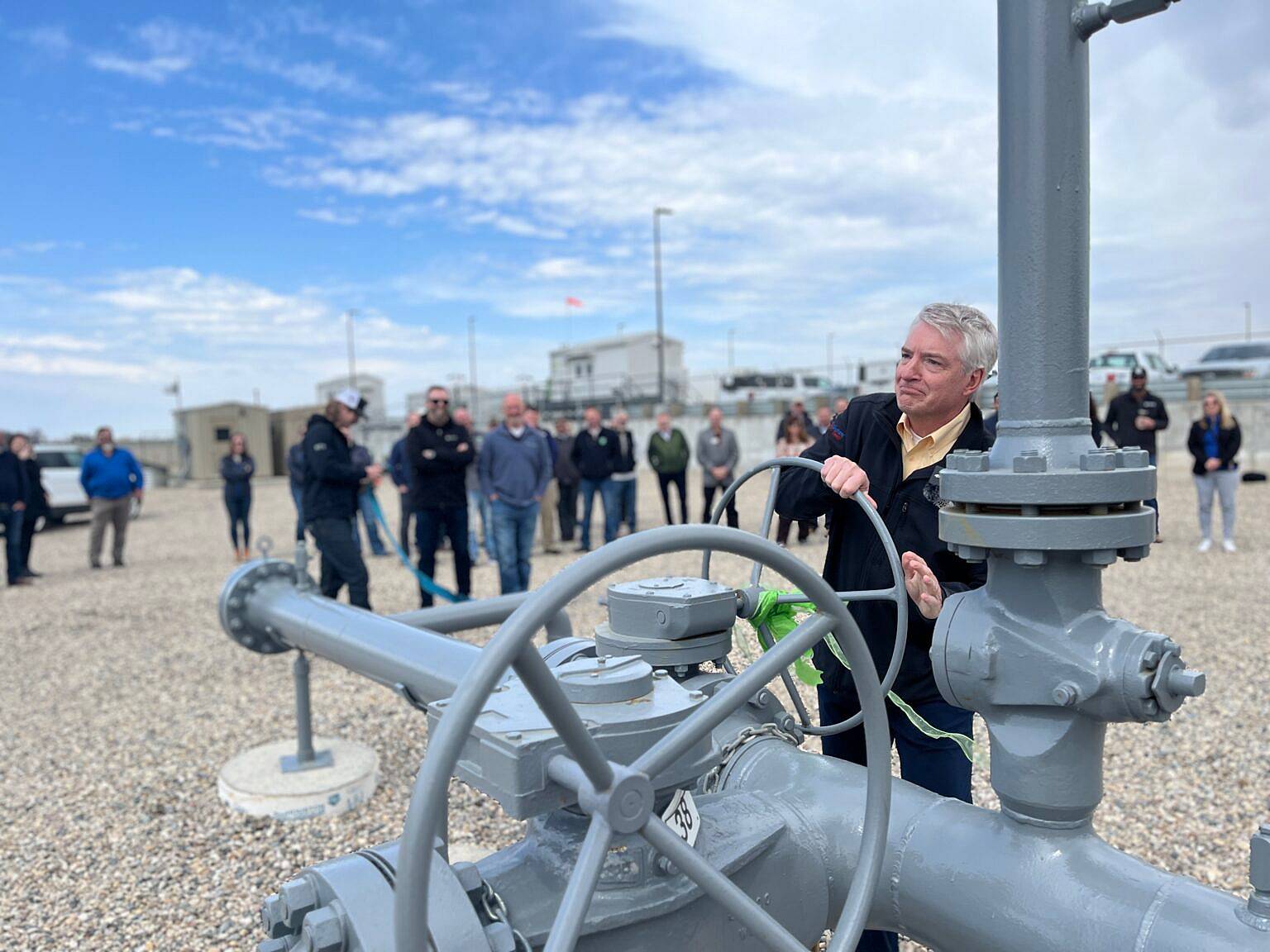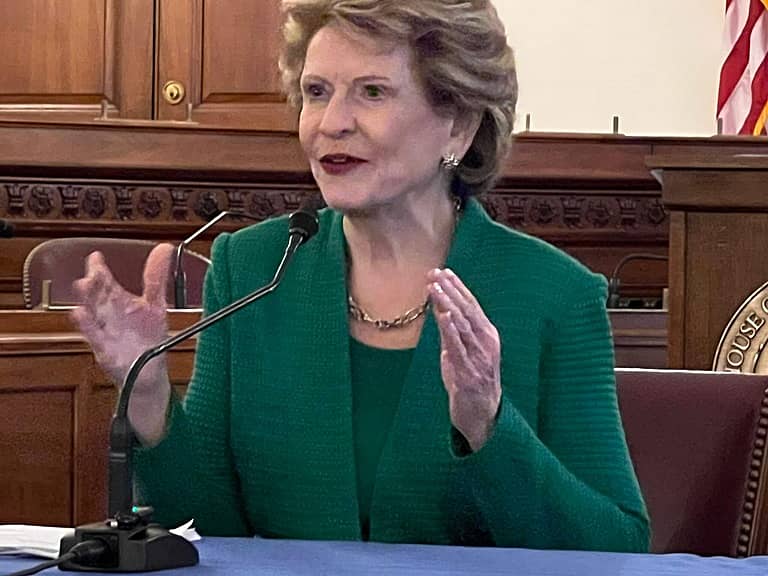BILLINGS, MT – A report on the impact of consolidation on cattle markets and the beef supply chain was manipulated using outdated and non-representative cattle market data.
 That’s according to R-CALF USA that is strongly refuting the 180-page document edited by Texas A&M University and released in June 2021. It was made available to the U.S. House Committee on Agriculture last week.
That’s according to R-CALF USA that is strongly refuting the 180-page document edited by Texas A&M University and released in June 2021. It was made available to the U.S. House Committee on Agriculture last week.
In the report titled, “The U.S. Beef Supply Chain: Issues and Challenges,” Congress is urged to be cautious before taking steps to change the current structure of the nation’s cattle and beef markets.
The report says the current marketing system has “grown organically over time to reward high-quality beef production in a way that acknowledges regional differences throughout the country and has resulted in cattle producers capturing significant value over the last three decades.”

But R-CALF USA says rather than evaluate actual cattle market conditions prevalent during the past decade, Texas A&M chose instead to manipulate 15 year old cattle markett data to,” arrive at what the cattle organization characterizes as “an outrageously baseless claim.”
“While the Texas A&M book admits the underlying data for its claim is over 15 years old, the outdated data itself was acknowledged by previous researchers to be collected during an “unusual time for the cattle and beef industries, rendering that data non-representative of past and present U.S. cattle market conditions,” said R-CALF USA CEO Bill Bullard.
Bullard said the underlying data came from the U.S. Department of Agriculture’s 2007 Livestock and Meat Marketing Study and was collected between Oct. 2002 and March 2005. During this period, beginning in May 2003 and continuing through the March 2005 data collection endpoint, the U.S. border was unprecedently closed to imports of live Canadian cattle because of outbreaks of BSE (bovine spongiform encephalopathy or mad cow disease) in Canada.
According to Bullard, domestic cattle prices and returns to cow/calf producers reached then record highs during this early 2000s data collection period, the volume of cattle purchased through formula contracts was significantly reduced, the cattle industry was transitioning from the end of its liquidation phase and beginning its expansion phase, and the percentage of fed cattle purchased in the cash market averaged about 60%.
“This is arguably the U.S. cattle industry’s most non-representative period for which to collect data during anytime in the past 40 years, if not longer,” Bullard said.
Editors of the Texas A&M “The U.S. Beef Supply Chain: Issues and Challenges,” expressly target two prominent reforms introduced in Congress to improve the competitive structure of the nation’s cattle and beef markets.
Those include mandatory country of origin labeling (M-COOL) for beef, S.2716, and the bill introduced by Sens. Chuck Grassley (R-Iowa) and Jon Tester (D-Mont.) to require the largest beef packers to increase participation in the cattle industry’s price discovery market by purchasing at least 50% of their fed cattle in the cash market, S.949.
In addition to deriding M-COOL for beef as a “detrimental policy,” the Texas A&M book claims billions of dollars in losses should Congress enact the Grassley/Tester cattle market protection bill or 50/14, S.949.
Specifically, the book states cattle producers would largely bear the brunt of a $2.5 billion short-term and a $16 billion cumulative long-term negative impact if the largest beef packers were required to purchase at least 50% of their cattle needs from the cash market.
Bullard says that today’s marketplace is opposite — cattle prices and returns to cow/calf producers have been depressed for going on seven years, the volume of cattle purchased through formula contracts is historically high, the cattle industry is well into a liquidation phase, and the percentage of cash market sales is less than half what it was over 15 years ago.
He also said the 2007 study attempted to predict possible outcomes if the cash market were to increase above the 60% level, due to corresponding decreases in non-cash arrangements such as formula contracts that then represented a volume of only about 30%.
But, he said, those 15-year-old market conditions are completely inappropriate for use as a basis to extrapolate possible outcomes of raising cash volumes from their current 20% level to only a 50% level.
Currently, there is unprecedented turmoil within the U.S. cattle and beef supply chains marked by record-high consumer beef prices, beef shortages, and record beef packer profits.
At the same time prices paid to America’s ranchers and farmers remain depressed, there are numerous antitrust lawsuits against the largest beef packers, and an ongoing investigation by the U.S. Department of Agriculture and U.S. Department of Justice
“It is disappointing that a land grant university would lobby Congress with conclusory assertions attained by conveniently using outdated and non-representative data in an effort to derail what is perhaps the most important reform for correcting the ills of the current marketplace,” Bullard said.
He added, “We’ve witnessed this scenario several times during the past two decades. Each time cattle producers have offered meaningful marketplace reforms, a cadre of experts are enlisted to defend the status quo. Congress needs to see through this and take steps to fix our chronically dysfunctional markets.”











